Flower Meanings
Eucalyptus
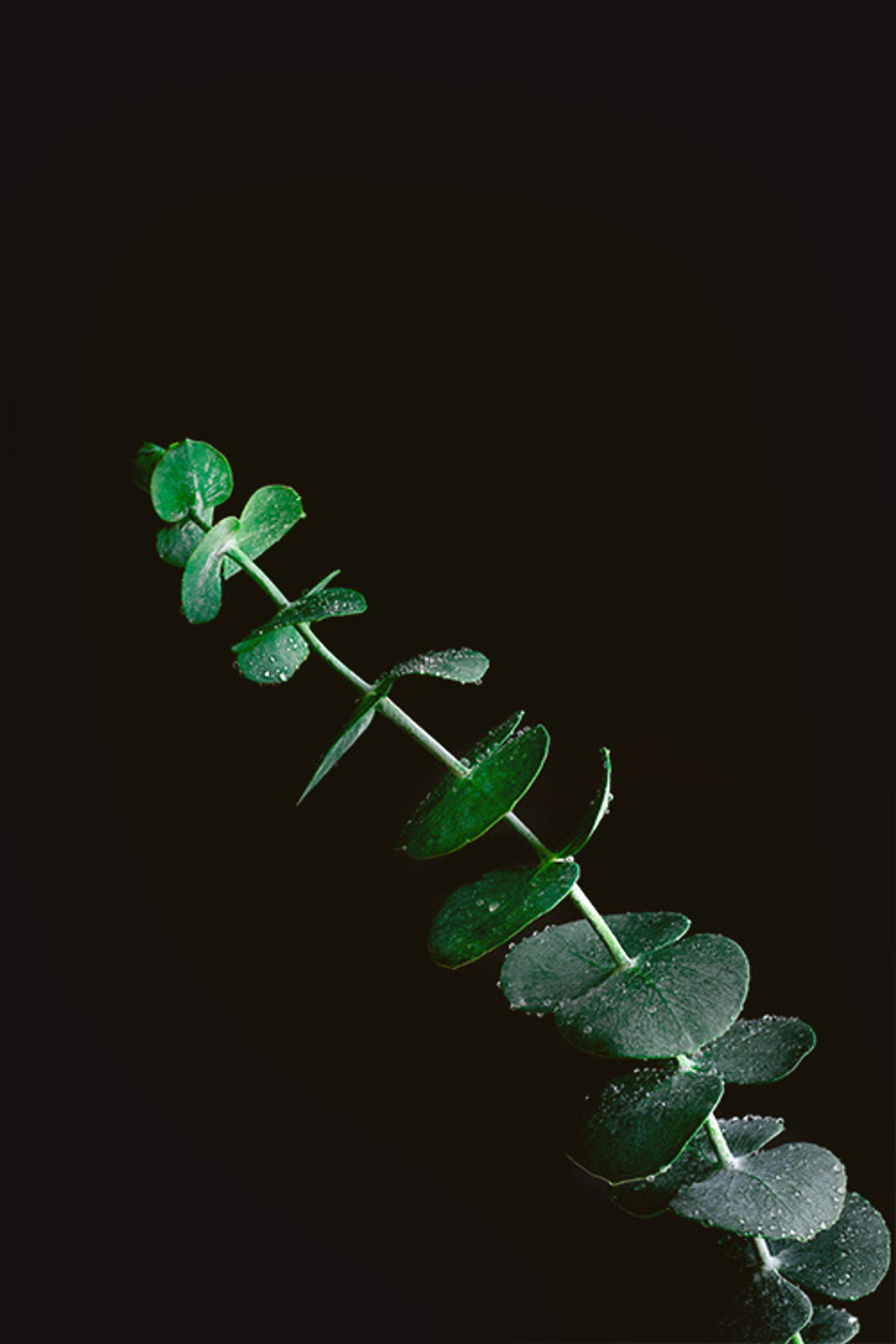

The Meaning of Eucalyptus
Since there are so many distinct species, eucalyptus can vary greatly depending on its geographical location.
For example, eucalyptus found in tropical regions will vary from those found in more subtropical regions. The kind of scent they produce is also another trait that relies heavily on their physical location. [1]
Similarly, there are tons of different meanings and symbolism attached to this plant as well!
The eucalyptus is considered a holy tree for the Aboriginals, or the Indigenous peoples of Australia.
For the Aboriginals, it represents the division of the underworld, earth, and heaven.
The eucalyptus leaf is also often believed to have a purifying effect, as negative energy disappears in the place where you burn it.
Some eucalyptus trees even contain gold. The roots extract the metal from the soil, but because it’s toxic for the tree, it tries to get rid of it through the leaves. Scientists have only found small quantities of gold in the eucalyptus plant, but the presence of the metal is a huge indicator that there is gold in the ground it’s growing in. [6]
Some main symbols to keep in mind:
- Strength: Eucalyptus trees possess both inner and outer strength. Their inner layer helps them to hold themselves together, and their outer layers are tough and strong.
- Leadership: Eucalyptus is known for its ability to lead as it is highly adaptable to new environments and will grow just as well in a new place as it would in its native region.
- Focus: Since there are so many different species, each one has different characteristics. Some produce oil which is then used as base oils for perfumes and hardwoods. With there many different species, each variety is able to focus on what they do best! [1]
Some more symbols, just for kicks:
- Healing
- Goals
- Clarity
- Rejuvenation
- Connection
What Does Eucalyptus Smell Like?
Since eucalyptus oils are often used in perfumes, they must smell pretty darn good, right!?
- Typically used as a minty, woody, citrusy note in fragrances, it is known for its light, airy, clean aroma and is often found in soaps, detergents, mouthwashes, and lotions (as well as perfume). [2]
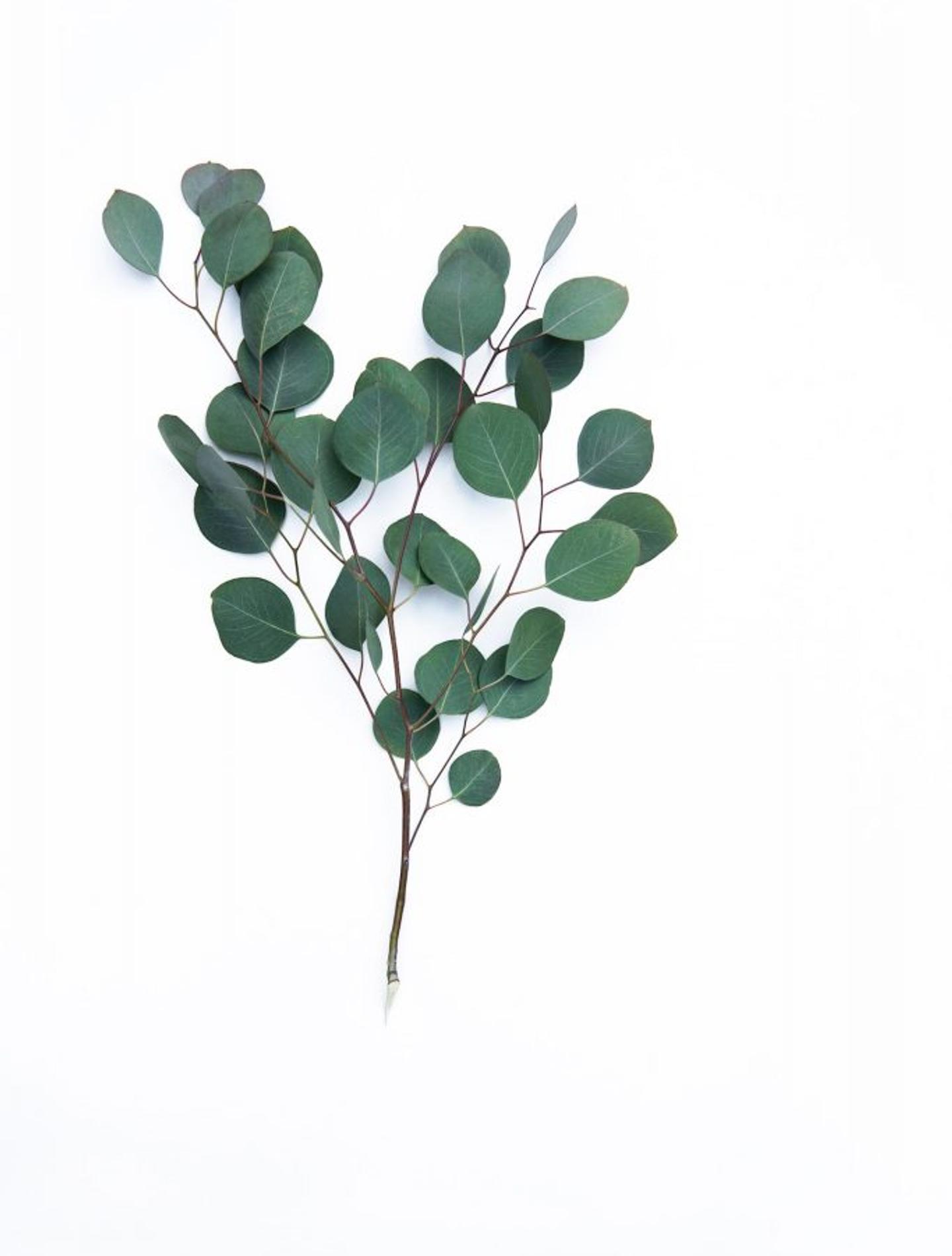
"Outside were the eucalyptus trees, like lace against the sky. If it were only possible to lie against them, light and bodiless, sink into their softness, deeper and deeper, lost in them, buried, never come back again."
Shirley Jackson
The History of Eucalyptus
We touched on the Aboriginals living in the Australian outback – but did you know they’ve been using eucalyptus oil as a traditional medicine for many centuries? Natives would chew the roots of the leaves because they held so much water. Tea was also made from the leaves and was considered a remedy for a fever.
In 1778, surgeons Dennis Considen and John White, who were on board the First Fleet (which collectively founded the penal colony of Australia), distilled eucalyptus that was growing wild on the shores of Port Jackson to treat convicts and soldiers.
Early colonists also extracted the oil, but it wasn’t until 1852 when Joseph Bosisto, a Melbourne pharmacist, established the commercial eucalyptus oil industry by opening the world’s first commercial distillation plant.
In the 1870s, eucalyptus oil became an important Australian industry and was regularly exported to a growing international market.
The Australian eucalyptus oil industry peaked in the 1940s, but by the 1950s, the cost of producing the oil had increased so much in Australia that it couldn’t compete against cheaper Spanish and Portuguese varieties. Even today, although non-Australian sources still dominate the commercial eucalyptus industry, Australia’s high-grade oils are still in demand. [2]
DID YOU KNOW - Eucalyptus Fun Fact
Koala bears love munching eucalyptus leaves! [3]
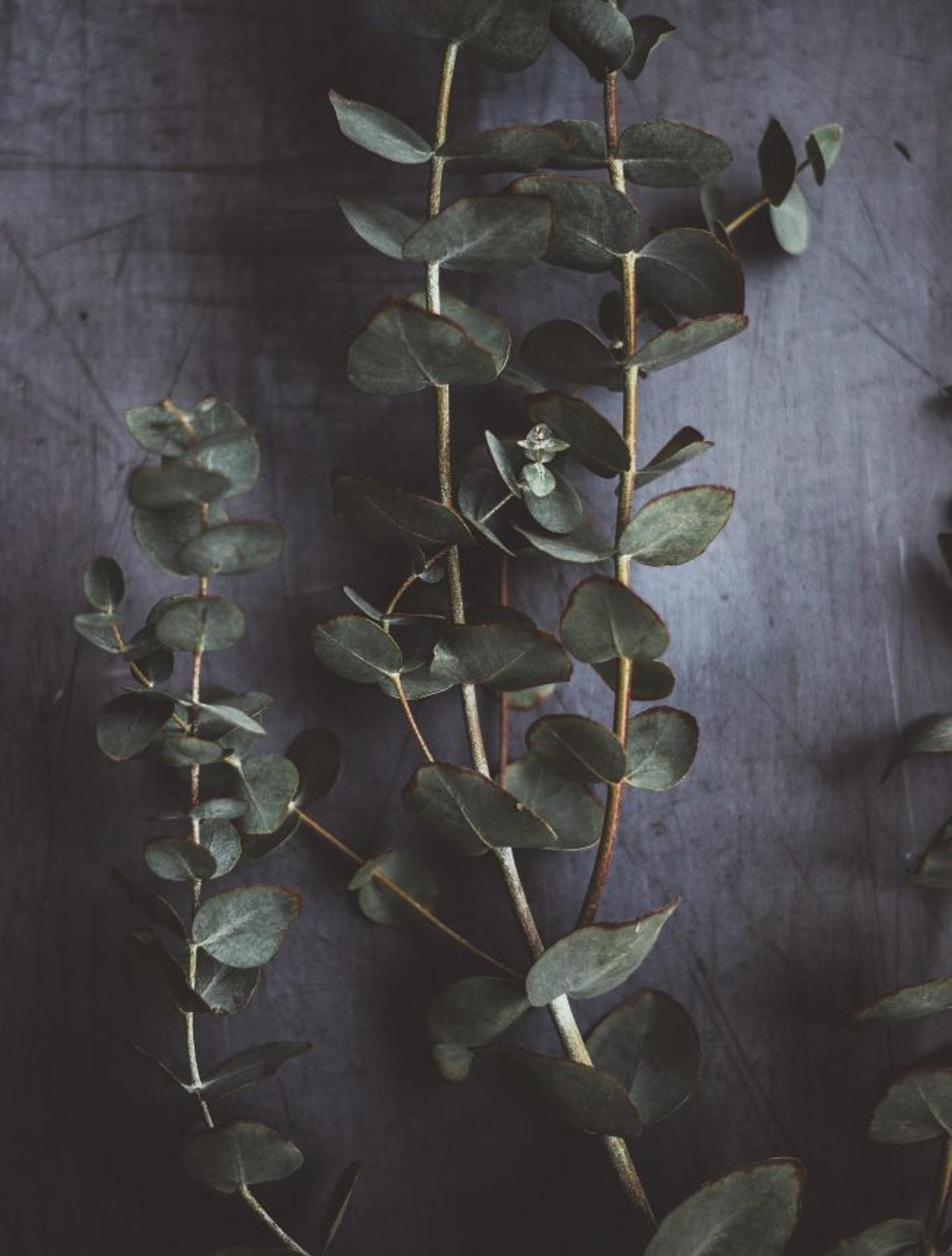
How to Grow Eucalyptus
The most popular eucalyptus in American gardens is globe eucalyptus, but you may want to consider a smaller variety like E. gregsoniana, E. apiculata, E. vernicosa, or E. obstusiflora instead.
Begin by planting your eucalyptus seeds in the largest pot you can find, and once they outgrow their pot, it’s usually best to discard the plant and start over. Eucalyptus trees grown in pots won’t take to transplantation to the ground.
If you live in a warmer climate and want to grow in the ground, it’s best to choose a planting site in full sun with protection from the wind.
Plant your seeds well before the first frost, but if you’re feeling adventurous, you may be able to get away with waiting until a few weeks before. Plan ahead as the seeds will require a stratification period of about 2 months. Since eucalyptus doesn’t transplant well, plant your seeds in peat pots which will help prevent transplant shock when it comes time to transplant.
Plant your peat pots in a warm area and mist them frequently to keep the soil evenly moist but never saturated. Move the seedlings outdoors after the last frost.
Eucalyptus requires full sun and well-draining soil. Water them regularly, particularly during warm, dry weather. They are drought tolerant and will rebound from slight wilt; however, be sure the foliage doesn’t shrivel. [4]
DID YOU KNOW - Eucalyptus Fun Fact
They can help prevent Malaria! In areas of the world with high populations of malaria-carrying mosquitoes, eucalyptus trees are sometimes planted. Not only do they reduce the amount of stagnant water, their secret weapon, cineole, but they help also reduce mosquito populations. [3]
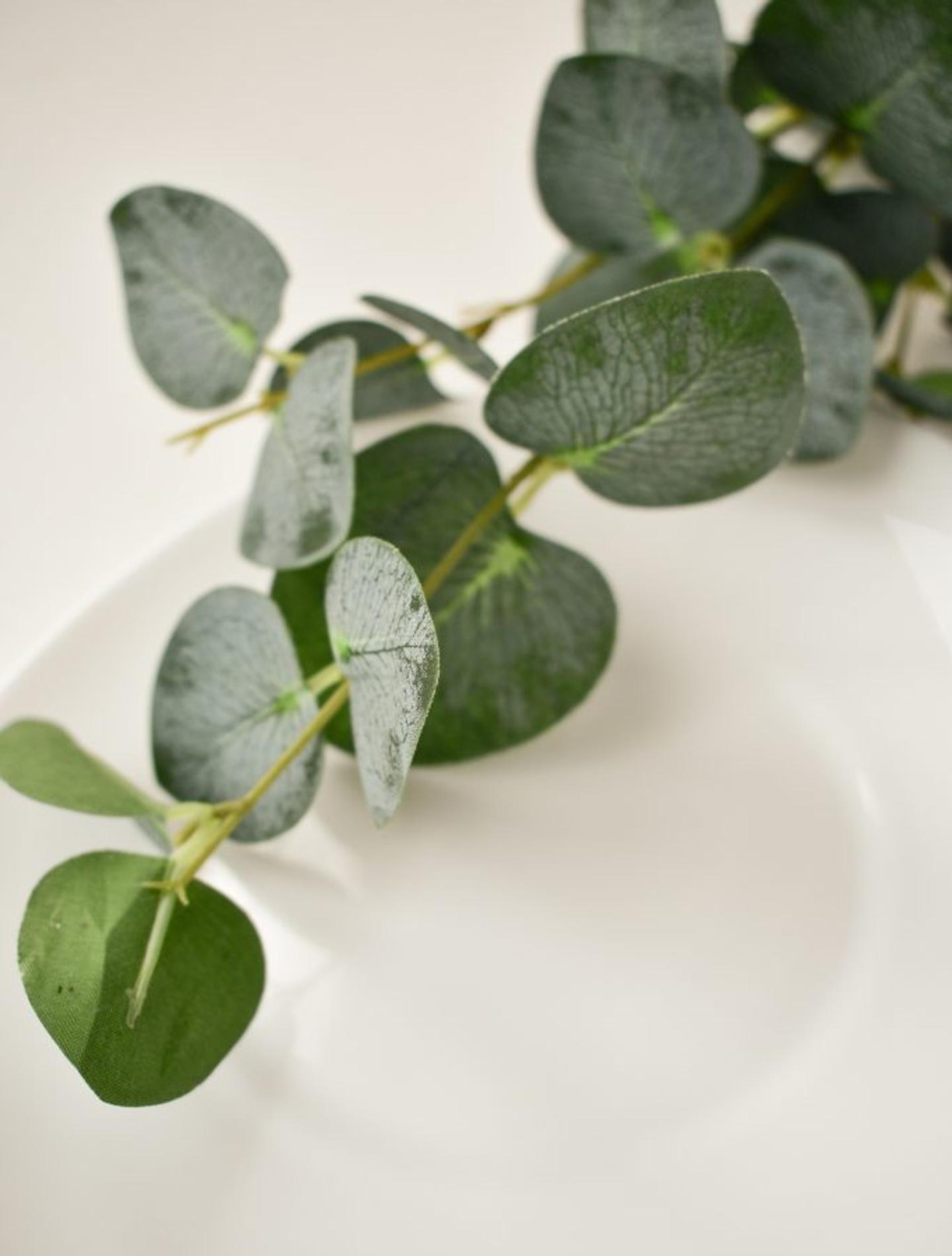
How to Care for Eucalyptus
Good news!
Your fresh eucalyptus stems will last wayy longer than flowers would!
They can actually last up to a few years in a vase (if you dry/preserve them).
Let’s talk about some care tips to keep your eucalyptus fresh for as long as possible:
- Pick fresh stems! The fresher the stem, the longer it will last! Feel one of the leaves to see if it’s soft and pliable or dry and brittle.
- Keep them out of the fridge. While some flowers benefit from refrigeration, the humidity level and ethylene gas released by fruits and veggies can kill any emerging flowers on the stems.
- Recutting stems every few days will help extend the life of your eucalyptus stems.
- Preserve stems with a mixture of 1/2 a teaspoon of sugar and a splash of bleach for each gallon of water in your container.
- Dried stems! These babies can last you years! The stems will dry on their own! Super easy, we know!
- Preserved stems! Preserving eucalyptus stems with a solution of technical-grade glycerin and water keeps the leaves soft and pliant for many years. The leaves do change color, though, from their natural gray-green shades to brownish, bronze colors, so you’ll need to decide whether color or texture is more important to you. Smash the ends of stems with a hammer and let them sit in a mixture of 1 part glycerin and 2 parts warm water for two to three weeks until all the leaves have changed color. Replenish the water-and-glycerin mixture throughout the preserving time so that it remains about 6 inches deep. You can buy technical-grade glycerin from a pharmacist or florist. [5]
When to Send Eucalyptus as a Gift
You’ll see eucalyptus in arrangements from Christmas & winter to spring & summer! It’s the perfect gift for any occasion, any time of year!

References:
- 1 - Tree Symbolism
- 2 - Alpha Aromatics
- 3 - Ambient BP
- 4 - Gardening Know How
- 5 - Home Guide
- 6 - The Joy of Plants
Flower Meanings — keep discovering
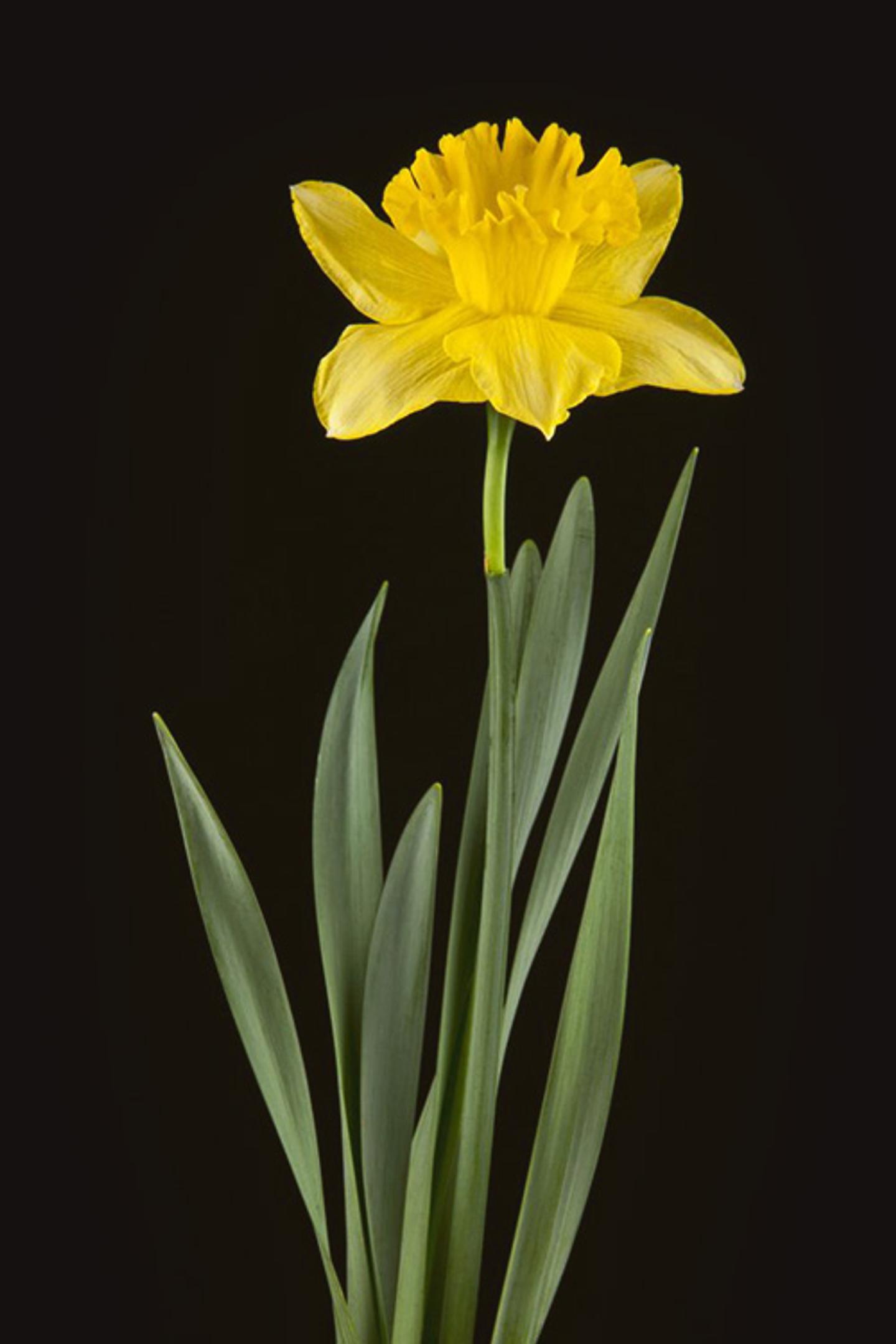
Daffodil
Multiply like rabbits? Check. Return year after year? Check. Not fussy about soil? Check. Not fussy about sunlight? Check. Not bothered by deer, rabbits, or other critters? Check! Daffodils are a great all-around flower!
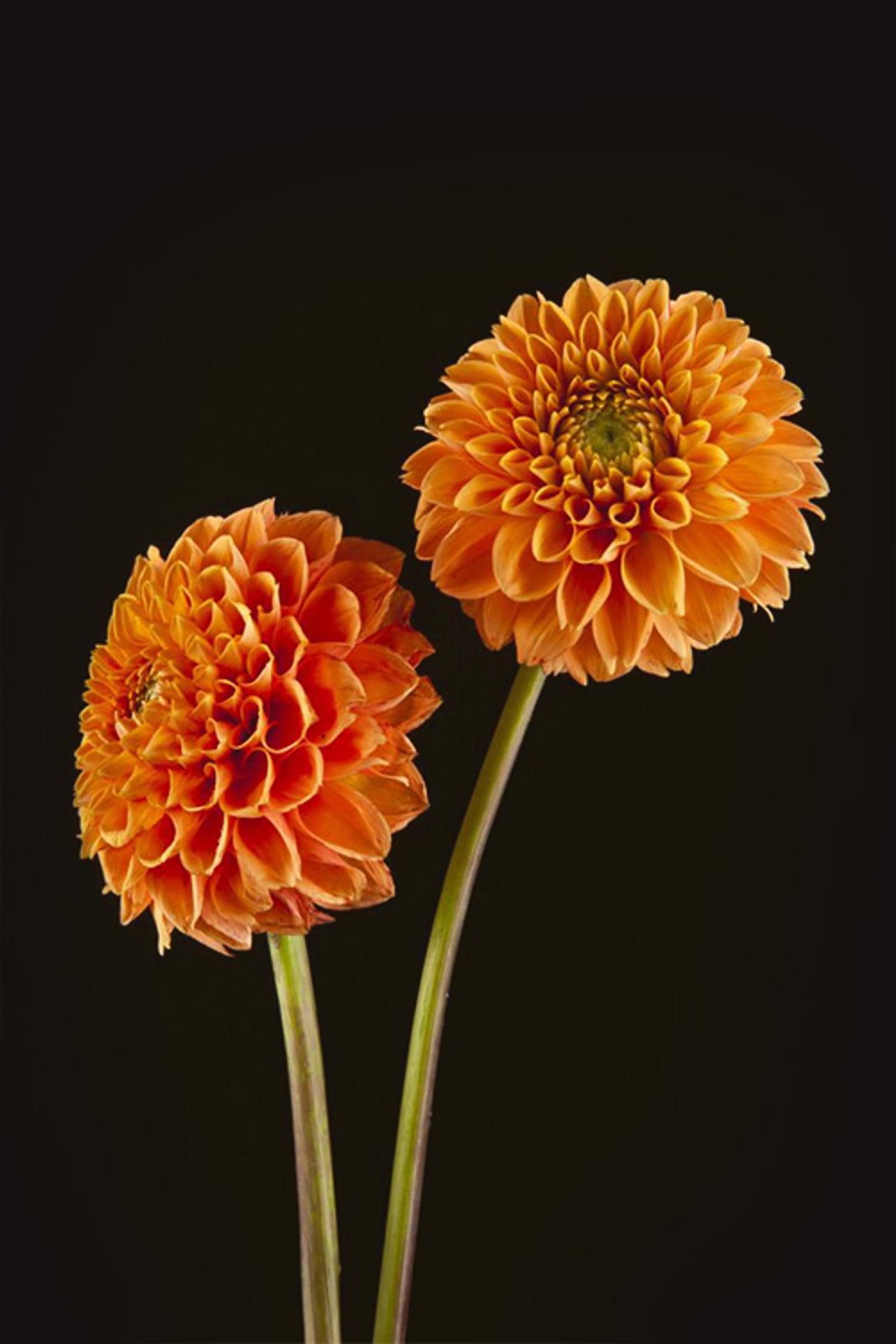
Dahlia
Anyone can identify a dahlia. Their look is completely unique and they provide one of the most spectacular blooms in the flower kingdom. They come in countless sizes and colors, but each is distinct with their spike-like petals and vibrant colors. They start blooming in early summer and will keep growing all the way through autumn!
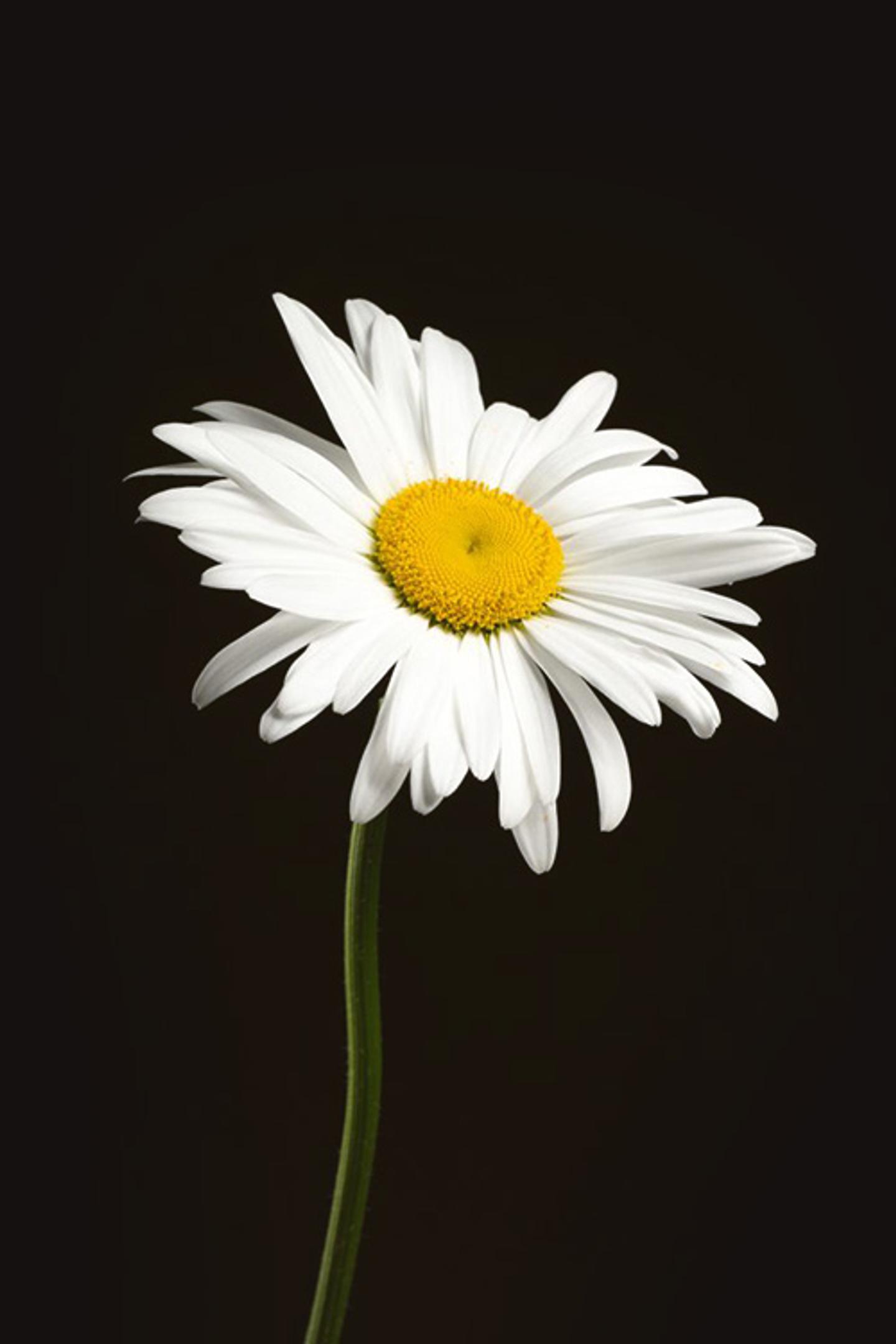
Daisy
Who doesn’t love daisies? These beautiful sunny blooms are classy, simple, and the perfect flower for any occasion.
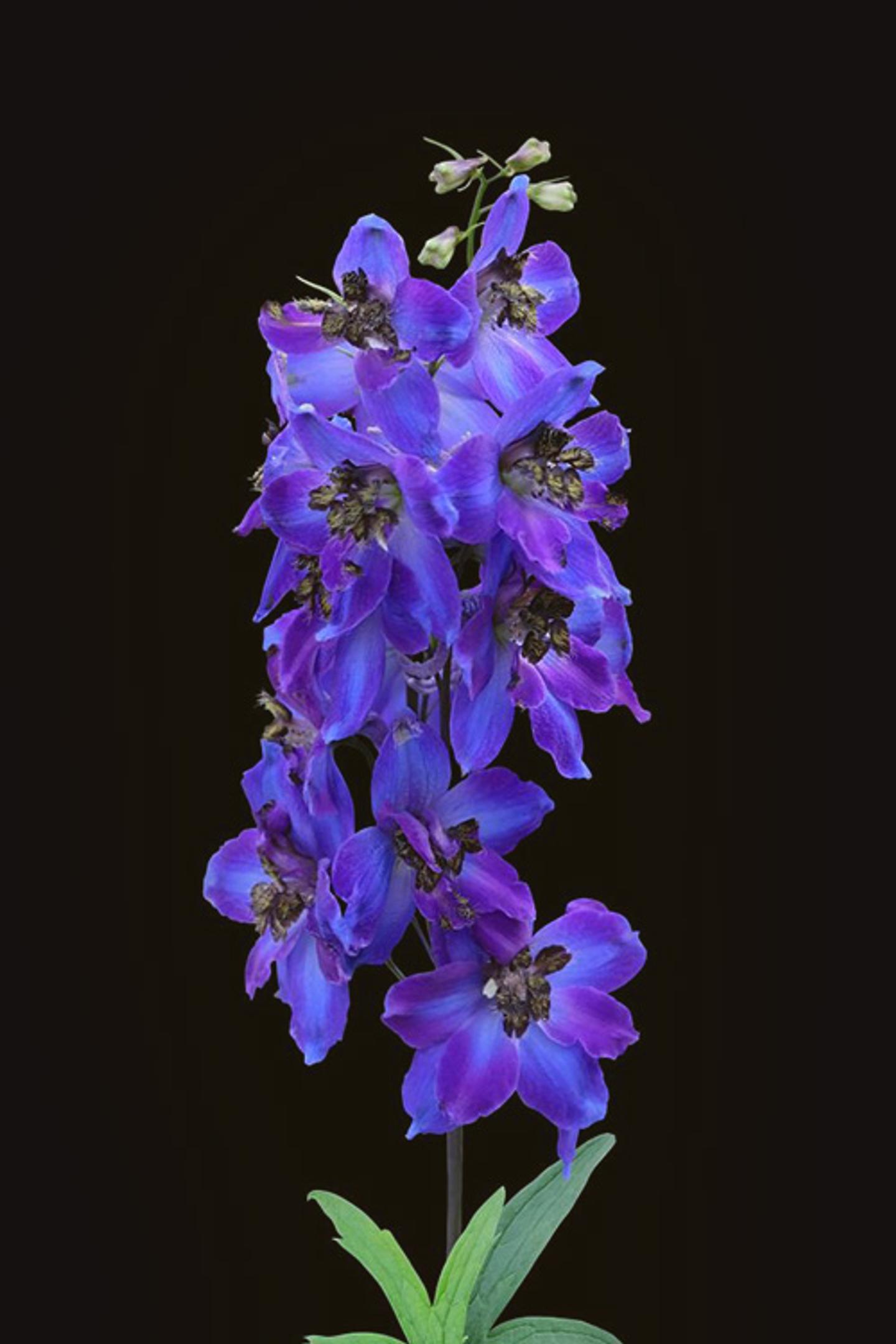
Delphinium
Delphiniums are perennials with sensational spikes of color. They’re summer flowers, and you’ve probably seen them in blue, pink, white, and purple, usually around cottages.

Daffodil
Multiply like rabbits? Check. Return year after year? Check. Not fussy about soil? Check. Not fussy about sunlight? Check. Not bothered by deer, rabbits, or other critters? Check! Daffodils are a great all-around flower!

Dahlia
Anyone can identify a dahlia. Their look is completely unique and they provide one of the most spectacular blooms in the flower kingdom. They come in countless sizes and colors, but each is distinct with their spike-like petals and vibrant colors. They start blooming in early summer and will keep growing all the way through autumn!

Daisy
Who doesn’t love daisies? These beautiful sunny blooms are classy, simple, and the perfect flower for any occasion.

Delphinium
Delphiniums are perennials with sensational spikes of color. They’re summer flowers, and you’ve probably seen them in blue, pink, white, and purple, usually around cottages.
Ready to send beautiful flowers?
Our guided experience helps you send a one-of-a-kind arrangement perfect for every occasion.
Send Flowers